News
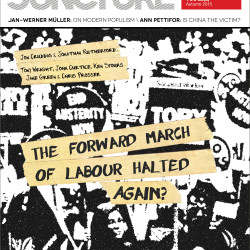
Learning the right lessons from Labour’s 2015 defeat
Published first by the IPPR in Juncture, and reported by Ross Hawkins on BBC online. Jane Green and Chris Prosser pick apart the factors that underpinned Labour’s disappointing election performance, including the ability of the Conservative and Labour parties to win votes from other parties…
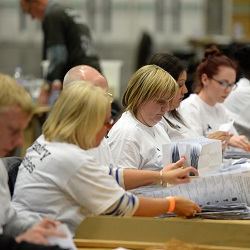
Release! Updated 2015 General Election Results File
Today we are releasing an updated version of our 2015 General Election results file (version 2.0). The file comprises the 2015 election results for each constituency (winning party, vote share, number of votes, turnout, majority and changes in vote share since 2010), the 2010 results (winning party,…
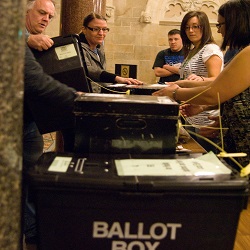
Insights into #GE2015: Presentation by Professor Ed Fieldhouse
This week BES Co-Director Professor Ed Fieldhouse spoke to an ESRC sponsored ‘Chalk and Talk’ event at the Social Market Foundation, London, in which he explored the decline of our two party system. Electoral theory expects proportional systems to enhance smaller party voting and majoritarian electoral…

BLOG UPDATE: is Labour really too left-wing to win an election?
Few could have anticipated the surge in support for Jeremy Corbyn, who after getting on to the Labour leadership ballot by the skin of his teeth has become remarkably popular among his party’s grassroots . Most Labour people have something to say on the Corbyn…
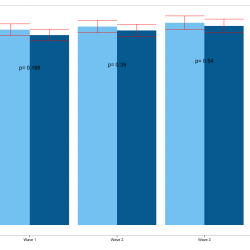
Why did the polls go wrong? By Jon Mellon and Chris Prosser
The post-election wave of the British Election Study (BES) Internet panel allows us to take a closer look at possible causes of the polling miss during the recent General Election. We previously identified five possible explanations: 1) “don’t knows” shifting, 2) a late swing among…
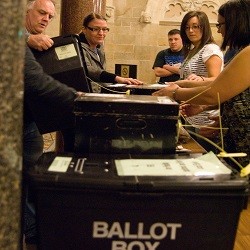
Post-Election Wave of the BES Internet Panel Released
The British Election Study is pleased to announce the release of the sixth wave of the Internet Panel, conducted immediately after the British General Election. In total 30,027 respondents took wave 6 of the British Election Study. 27,926 of these also took wave 5, an…

Using the British Election Study to Understand the Great Polling Miss
Using the British Election Study to Understand the Great Polling Miss Competing explanations have been put forward for the large polling errors on May 7th. In this post, we examine five relatively plausible explanations of the polling errors, looking at the existing evidence for each…

Coding the ‘single most important issue’
The very first question on each wave of the British Election Study asks respondents “what is the SINGLE MOST important issue facing the country at the present time?” Variants of this question have a long history and are the most widely used measures of which…
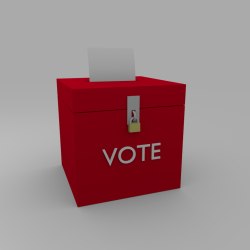
BES Internet Panel Campaign Wave Data and W1-5 Panel Released
The British Election Study is pleased to announce the release of the fifth wave of the Internet Panel. You can download the data here. In total 30,725 respondents took wave 5 of the British Election Study. 28,073 of these also took wave 4, an overall…

The 2015 General Election: Religious Affiliation and Party Vote Share Across Constituencies
By Dr Ben Clements, University of Leicester (reposted with kind permission from British Religion In Numbers) As the weekend round-up of religious news on BRIN flagged up, the British Election Study (BES) 2015 has released the first version of the 2015 general election results dataset….
